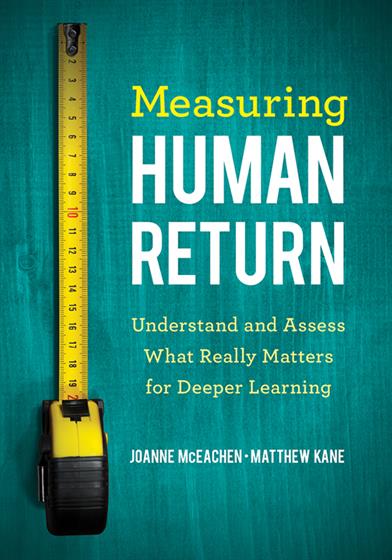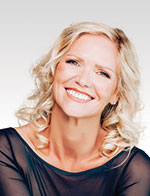Hands-on, Practical Guidance for Educators
From math,
literacy, science, equity, multilingual learners, and SEL, to assessment, school counseling,
and education leadership, our books are research-based and authored by experts
on topics most relevant to what educators are facing today.

Measuring Human Return
Discover what really matters for students and learn how to bring it to life. Follow this comprehensive guide to measuring self-understanding, knowledge, competencies, and connection.
- Grade Level: PreK-12
- ISBN: 9781544330822
- Published By: Corwin
- Year: 2018
- Page Count: 248
- Publication date: October 09, 2018
Review Copies
Review copies may be requested by individuals planning to purchase 10 or more copies for a team or considering a book for adoption in a higher ed course. Request review copy
Other Titles in: Program Development & Evaluation | School Change, Reform, & Restructuring | Developing Pedagogy


